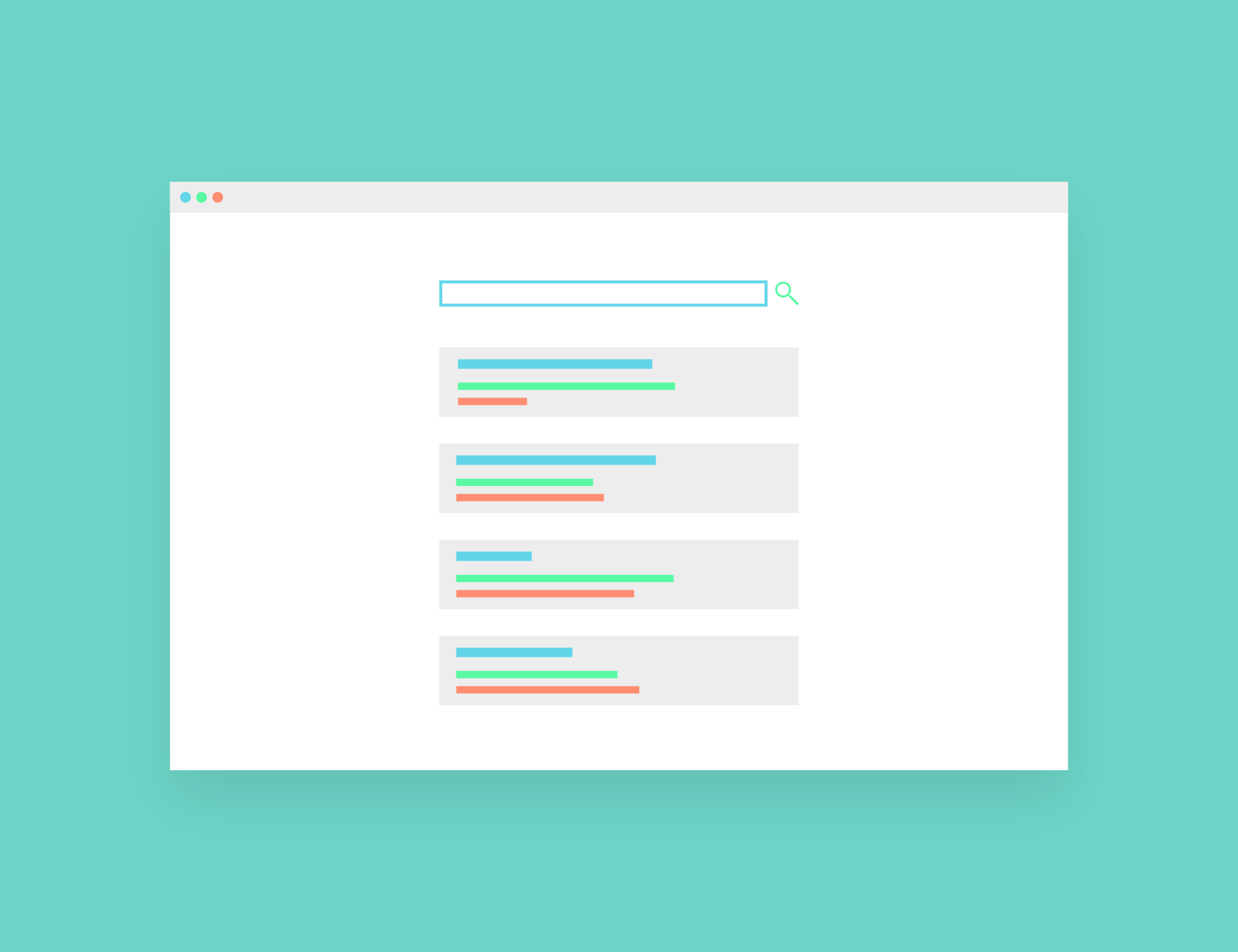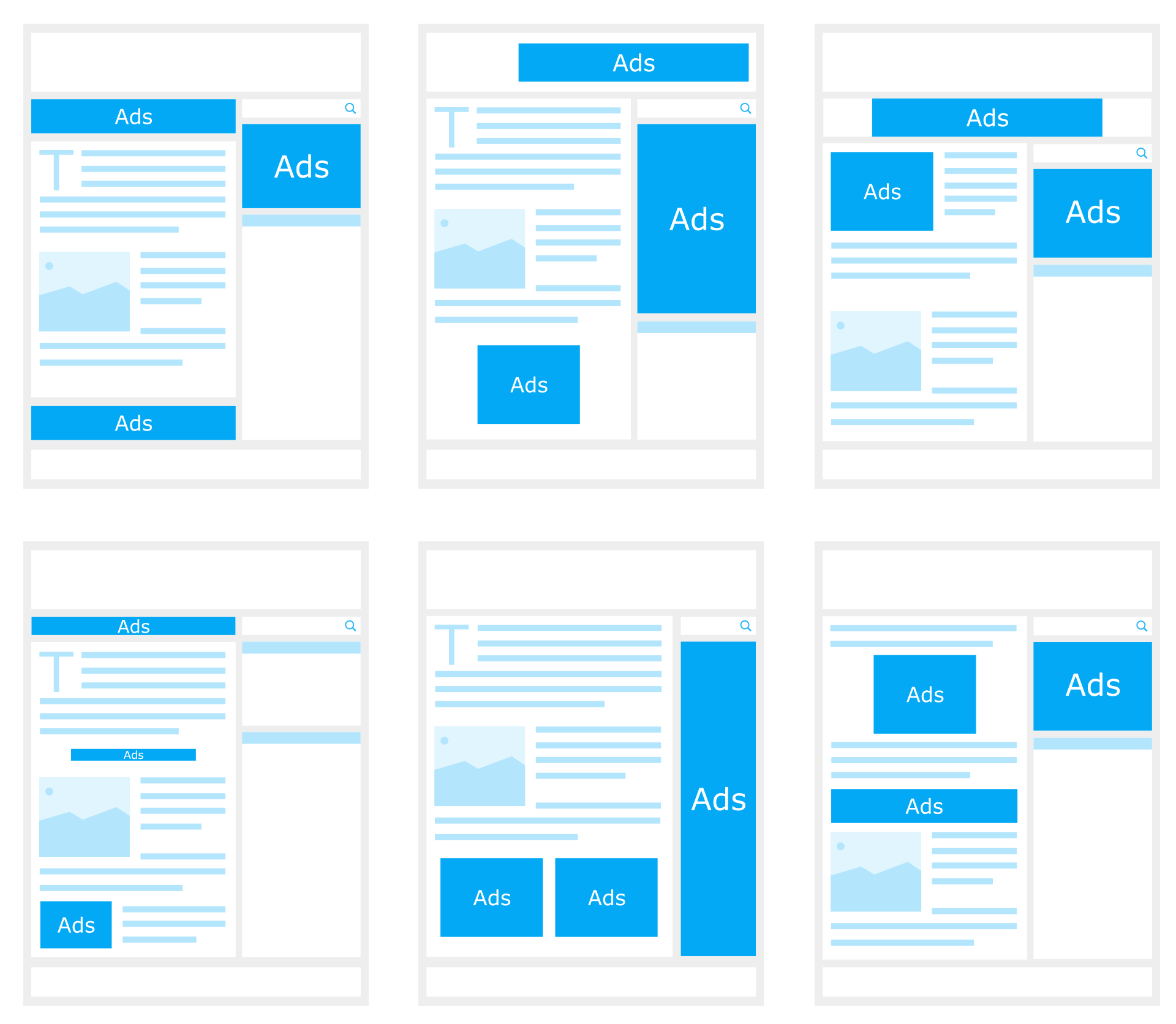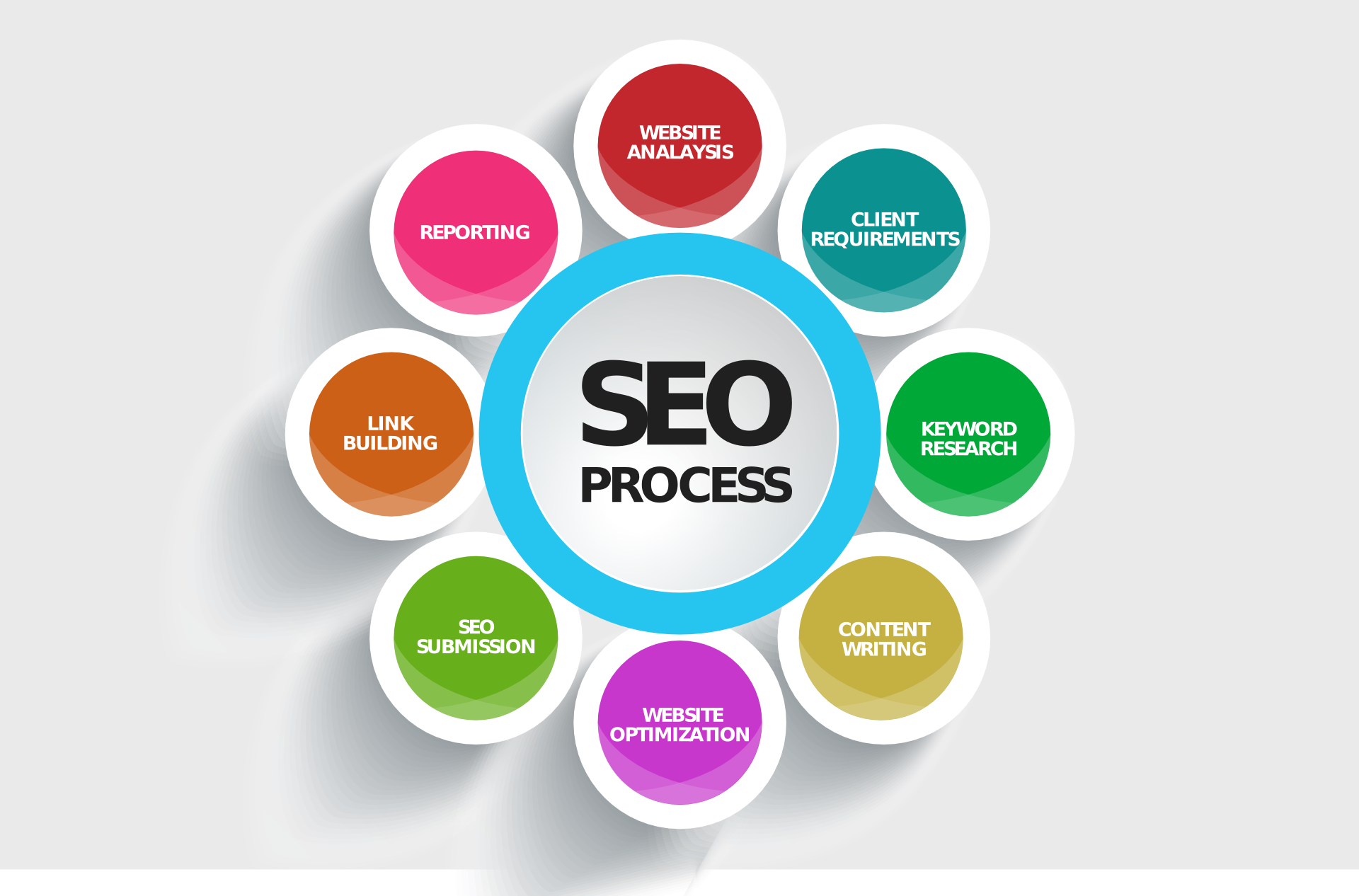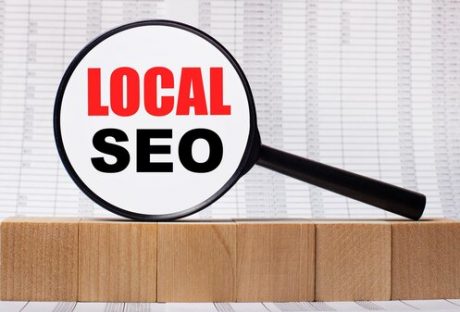As recently as between five and 10 years ago, uploading any old text on a page with a selection of keywords stuffed in was enough for your website rank on Google. In the last few years, however, the search engine has wised up to such techniques and content must strike the correct balance between quantity and quality.
As a general rule of thumb, any search term that you enter in Google should yield the very best result at the top of the page (below any AdWords listings, of course). This means that, in the eyes of Google, that page’s content covers all or, if not, most of the valid points that the user is looking for.
In order for your page to rank number one, overtaking what is deemed to be the most authoritative page, your content must exceed and improve upon the information that is already available.
Review First Page Results :
In order for your content to cover all bases, the relevant research must be undertaken. Start by reviewing each of the first page results and list the points that have been covered in each – hopefully, you will notice gaps in each of the page’s content.
Take, for example, page one covers points A, B, C, D, E and F, page two covers points A, B, D, F and G, and page three covers points B, C, F and H. While this does mean that the top-ranked page covers more points on the topic, there are two points (G and H) missing.
If your content manages to cover points A-H, expanding on each point and offering new information not present on any of the other pages, you stand a great chance of ranking top of Google’s search results.
Content Layout :
As well as your content covering all of the points on your given topic, its layout also has a big say as to how well your page ranks. Google values user experience and, if your page is not easily digestible, your web page will not be received well at all.
Regardless of whether the design of a website is for an academy school, blog or e-commerce site, the pages must be laid out to incorporate content. Keeping in mind that we are currently in the middle of the transition from desktop to mobile-first listings, websites should incorporate a responsive design – or a completely different mobile version of the website.
How Long Should my Content Be?
There is no minimum or maximum length in order to rank on Google, but it is generally accepted that a worthy piece of content should come to at least 400-500 words. Of course, if you aim to cover as many as eight main points, 400 words leaves you only 50 words per point – not including introduction and conclusion. It just isn’t enough.
This is again where you should go back to the top-ranking pages and assess how long your competitor’s content is. If your competition is coming in with 800 words, then you should look to go better with 900-1000 words, although it must be stressed that quantity doesn’t necessarily mean quality – it must be well-written.
Does Your Content Serve its Purpose?
Once written, read through your content and ask yourself whether it serves its purpose. While you are familiar with the topic you have written about, would the content make sense and answer the questions of those who aren’t as familiar?
If your content provides more questions than answers, it isn’t serving its purpose, even if it does cover more points than the competition. Google will give preferences to pages that serve the purpose that they have been created for – this will likely be gauged by the number of backlinks that the page as, confirming its validity as a useful resource.
With quality content that answers the reader’s questions, your page should quickly earn authoritative backlinks and soon take its rightful place at the top of page one.
Read More :
























